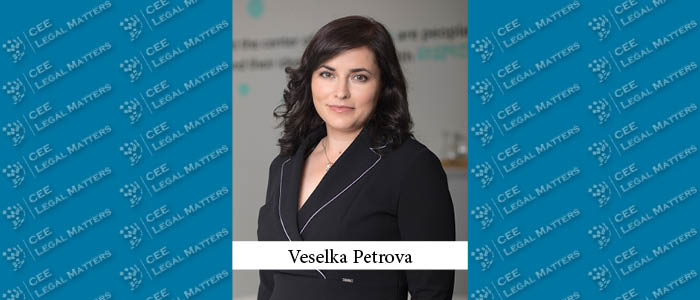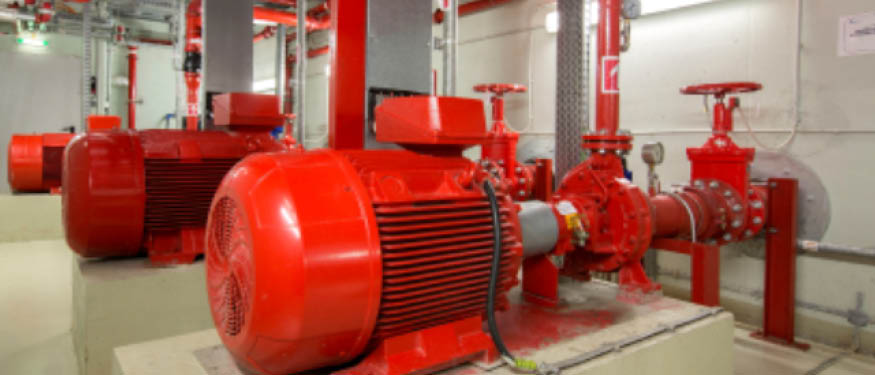From her beginnings as an M&A attorney in Bulgaria to her current role as Regional Compliance Manager for Eastern Europe at Yazaki, Veselka Petrova’s career has been a testament to the power of blending legal expertise with strategic business insight.
CEELM: Walk our readers through the journey that led you to your current role.
Petrova: My career path has been both challenging and enriching, allowing me to blend my passion for law with a keen interest in the dynamics of various industries. Starting as an M&A attorney in a leading Bulgarian law firm was an eye-opening experience. The complexity of the work mirrored the intellectual challenges posed by my academic pursuits at Sofia University and Columbia Law School. This foundational period honed my critical analysis and strategic thinking skills, essential for navigating the intricate landscapes of mergers and acquisitions.
As my career progressed, I found myself drawn toward roles that allowed for a more direct engagement with the business side of operations. This led me to Nestle Bulgaria, where I assumed the role of Head of the Legal and Compliance Department in my early thirties. It was a pivotal move that deepened my understanding of the internal workings of multinational companies and the multifaceted challenges they face. Now, as the Regional Compliance Manager for Eastern Europe at Yazaki, I am privileged to apply my accumulated knowledge and experiences in a role that demands both legal expertise and strategic business insight.
CEELM: What was the most unexpected aspect of transitioning to an in-house position? Conversely, what pleasantly surprised you?
Petrova: Transitioning to an in-house position revealed the fast-paced nature of corporate environments where the volume of internal clients and projects can be overwhelming. The need to adapt quickly to diverse challenges was unexpected but has proven to be a valuable learning experience. What pleasantly surprised me is the depth of involvement required beyond the legal domain. Engaging with marketing, sales, HR, and corporate communication has broadened my perspective, enabling me to contribute more holistically to the company’s objectives.
The opportunity to work with professionals from various backgrounds on complex projects has been particularly rewarding. Witnessing the tangible outcomes of our collaborative efforts underscores the impact that legal and compliance teams can have on the broader business landscape.
CEELM: How large is your in-house team currently, and how is it structured?
Petrova: Our team at Yazaki is a testament to the power of diversity and collaboration. Reporting to the Head of Compliance for the EMEA Region, I’ve focused on expanding our network of compliance professionals. This expansion has not just been about numbers but about enhancing our collective capabilities and perspectives. Our team of nine compliance champions plays a critical role in translating complex policies into actionable insights for our plant managers, ensuring compliance is both understood and implemented effectively across the board.
CEELM: What has kept you and your in-house team busy over the last year?
Petrova: The past year has been marked by significant regulatory and operational challenges, from navigating the intricacies of the EU Whistleblowing Directive’s transposition into national laws to adapting to the disruptions caused by geopolitical events. Our efforts have been focused on ensuring compliance, promoting a culture of openness, and contributing to sustainability initiatives. These efforts are reflective of our commitment to not just meet regulatory requirements but to embody the values of transparency, integrity, and responsibility in all we do.
CEELM: Looking ahead, what do you anticipate will be the primary factors influencing your workload in the next 12 months?
Petrova: The coming year is poised to be shaped by ongoing geopolitical tensions and the evolving regulatory landscape, particularly with the introduction of the EU Corporate Sustainability Reporting Standards. These factors will necessitate a proactive approach to compliance and legal strategy. Staying abreast of legislative changes and understanding their implications for our operations will be crucial. Additionally, the potential for increased cyber threats in a rapidly changing geopolitical climate underscores the importance of robust cybersecurity measures and comprehensive risk management strategies.
In the realm of compliance and legal strategy, the adoption of technology has been a game-changer, enabling us to handle complex data analysis and streamline our processes. Digital tools have revolutionized how we monitor compliance, assess risks, and ensure our operations align with global standards. Still, no matter how much the use of digital solutions can help us out, we, legal and compliance professionals, should put in place the required checks and balances to ensure well-informed and ethical decision-making.
CEELM: How do you decide if you are outsourcing a project or using in-house resources?
Petrova: The decision to outsource or rely on our in-house team is guided by a strategic assessment of risk, urgency, and complexity. This process involves considering the specific expertise required, the potential impact on operations, and the ability to deliver timely and effective solutions. Collaboration with external legal partners offers valuable insights and complements our internal capabilities, enriching our approach to navigating legal and regulatory challenges.
CEELM: What do you foresee to be the main opportunities in Bulgaria in the near- and mid-future?
Petrova: Looking ahead, the landscape in Bulgaria and the wider region is ripe with opportunities. The prospect of full Schengen area membership for Bulgaria and Romania stands out as a pivotal development that could significantly enhance logistical efficiency and economic competitiveness. This advancement would not only facilitate smoother trade within the Single Market but also underline the importance of solidarity and cooperation within the European Union.
This article was originally published in Issue 11.2 of the CEE Legal Matters Magazine. If you would like to receive a hard copy of the magazine, you can subscribe here.















